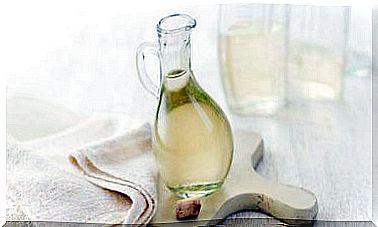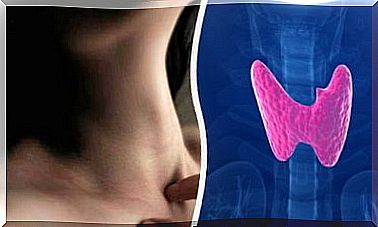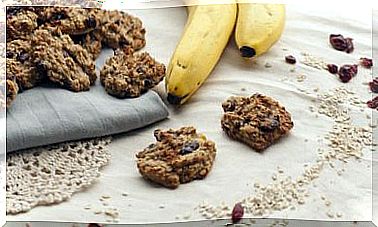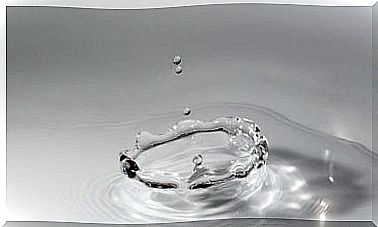Eating Too Much Salt Is Harmful, Why?
Most of us double or even triple the recommended daily intake of salt. Start seasoning your dishes with aromatic herbs or opt for sea salt.
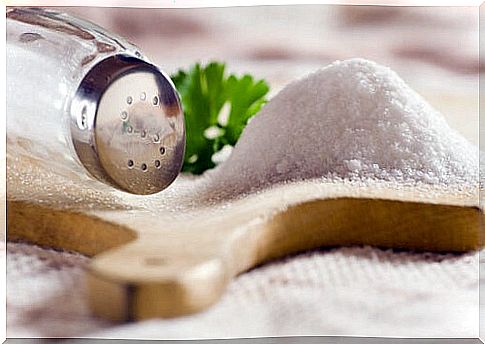
Eating salt in excess is harmful, yes. But why? Do we really remember? Many times, from repeating a recommendation so much, much of the information that supports the reason is lost and we end up with a void.
Salt is an ingredient present in kitchens around the world. It is famous for its ability to enhance the flavor of food and there are those who do not conceive the dishes without at least one touch. Now, the problem is that, today, eating too much salt is the order of the day.
Without realizing it, we can even consume twice or more than the recommended dose, which currently, according to the World Health Organization (WHO) is 5 grams of salt a day or what is the same 2.5 grams of sodium.
Although it may not seem like it, eating salts in excess can result in the appearance or worsening of health problems that, in the medium term, can greatly affect the quality of life.
Harm caused by eating too much salt
Other institutions apart from the World Health Organization (WHO), such as the Spanish Agency for Food Safety and Nutrition, do not stop warning about the risks that exist around not controlling the amount of salt ingested per day by the average person.
It is estimated that most people consume 3-5 teaspoons a day, that is, more than double.
If this is your case, it may be time to look for other alternatives to prevent risks. Next, we will discuss some of the damages that excessive consumption of salt causes in the body.
1. Stroke (CVA)
A cerebrovascular accident (CVA) happens when blood flow to part of the brain stops. It is sometimes called a “stroke.” Excessive consumption of salt tends to close roads and arteries, being a participant and responsible for its occurrence.
This disorder causes up to a third of deaths from circulatory diseases and, those who do survive, are left with severe physical and neurological damage for the rest of their lives.
2. Heart failure
Excessive consumption of salt can cause imbalances in various vital organs, as well as increase the risk of having attacks or worsening heart failure. Because it is a cause of fluid retention, it decreases the ability of the heart to pump blood throughout the body and this can lead to an attack.
3. Kidney problems
It must be emphasized the way in which some people sometimes do not control their salt intake, since this act impairs the ability of the kidneys to filter waste, which leads to an increase in blood pressure and an accumulation of substances that later form kidney stones.
4. Decrease calcium
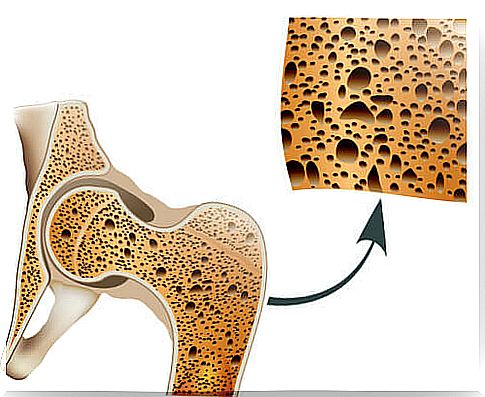
Two things happen in this regard: the body absorbs salt more easily than calcium, and the more sodium is eliminated through the urine, the greater the elimination of calcium. For both reasons, its excessive consumption is associated with the demineralization of bones and the development of diseases such as osteoporosis.
5. Influences weight gain
Because it causes fluid retention, alterations in the functioning of the purifying organs and increases the sensation of thirst, salt is an enemy of those who want to have a healthy weight.
6. It makes asthma worse
Those with asthma and other respiratory problems may find a sense of relief by reducing or eliminating salt from their diet, as salt helps to block the airways.
How to reduce salt intake?
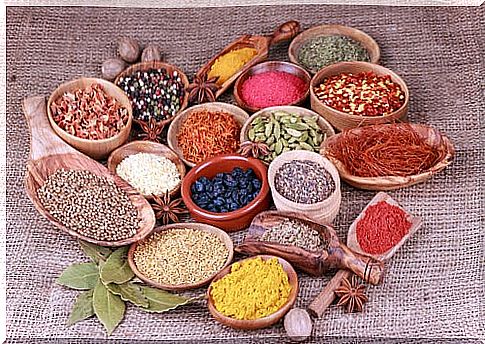
Contrary to what many people believe, eliminating salt completely is not the best option. In fact, you just have to learn to replace it with other condiments when preparing food.
Other ideas to reduce your daily intake include:
- Season meals with other healthy seasonings and aromatic herbs.
- Steam food so that it does not lose its natural sodium content.
- Use sea salt instead of refined table salt. Another good option is the popular Himalayan salt.
- Prepare food at home, since fast foods or restaurants tend to have excess salt.
According to studies, including one carried out in Spain in 2012, between 15 and 20% of the salt consumed is that which is added to food prepared at home; 60 to 70% comes from processed or precooked foods that are currently invading the market.
In the same vein, between 8 and 10% is that which is absorbed naturally with food. Therefore, it is very important to read the labels of the products before buying them for consumption.
Finally, it is highly recommended to start substituting common salt for the other condiments mentioned above, in addition to this, maintaining a healthy lifestyle that includes anaerobic exercises, walks or riding a bicycle, will contribute positively to a longer life expectancy.
